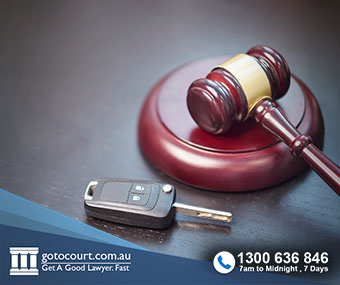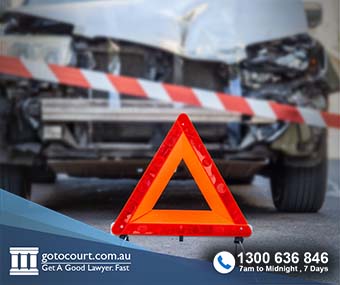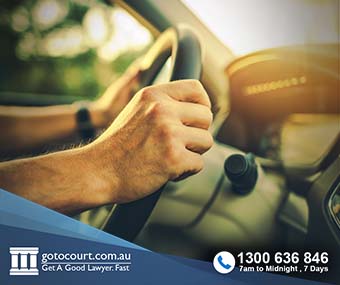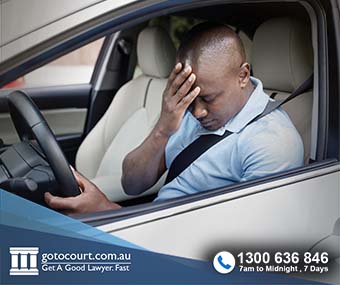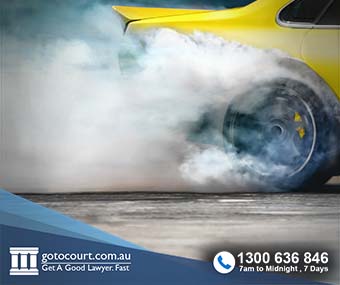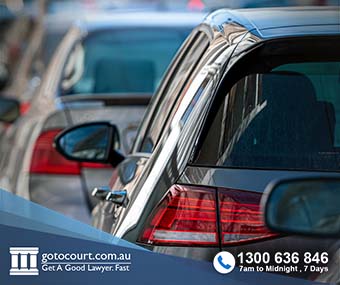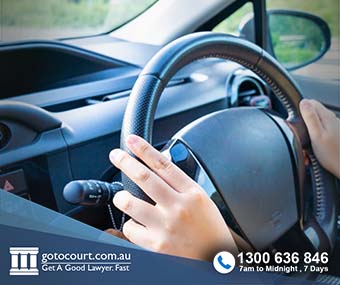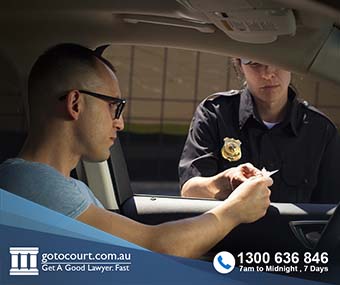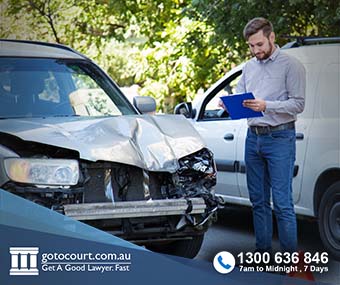South Australian Traffic Law
In South Australia, there is a range of traffic offences that are set out in the Road Traffic Act 1961 and in the Criminal Law Consolidation Act 1935. Being found guilty of a traffic offence can result in demerit points being recorded against a driver’s licence as well as a fine, a term of licence disqualification or even a term of imprisonment. Some traffic offences can be dealt with by way of expiation notice, while others must be dealt with by a court.
Demerit points
If a person on a full licence accrues 12 or more demerit points within a three-year period, they may be disqualified from driving. If a person on a learner permit or provisional licence accrues four or more demerit points, they will be disqualified from driving
Demerit points are recorded on the date of an offence and expire three years after the date of the offence.
To check how many demerit points you have, log into your mySAGOV account.
Expiation notices for traffic offences
An expiation notice is an on-the-spot fine, which will also lead to the recording of demerit points. It is important to note that demerit points are accrued from the date of the offence, not from the date of the conviction or the payment of the fine. Demerit points can also be deducted from a person’s South Australian driver’s licence for offences committed in other states.
Summons for traffic offences
Traffic offences for which you will receive a summons requiring you to attend a Magistrates Court in South Australia include:
- dangerous driving;
- driving while suspended or disqualified;
- misuse of a motor vehicle;
- street racing or hooning;
- driving without due car; and
- reckless driving causing injury or death.
Some traffic offences are very serious and carry maximum penalties of many years imprisonment. These offences can only be finalised in a higher court – the Supreme Court or District Court – after going through preliminary mentions in the Magistrates Court.
Serious indictable traffic offences include causing death or harm by use of a vehicle under section 19A of the Criminal Law Consolidation Act 1935, leaving the scene of an accident after causing death or harm by use of a motor vehicle under section 19AB of the Criminal Law Consolidation Act 1935, and manslaughter under section 13 of the Criminal Law Consolidation Act 1935.
Penalties for traffic offences in South Australia
Penalties for traffic offences in South Australia vary depending on the severity of the offence, and the offender’s driving history. Some offences may attract a fine while others will result in the person’s licence being disqualified or a term of imprisonment. Most traffic offences will also incur demerit points, regardless of whether the driver received an expiation notice, or a summons to attend court.
A first-time excessive speeding offence will result in the driver receiving an expiation notice with an immediate suspension for six months. A second or subsequent offence of excessive speeding will result in a court summons with a minimum disqualification of two years.
Driving while disqualified is a serious offence in South Australia, and a person found guilty may be sentenced to imprisonment for up to six months, or for up to two years if it is their second offence. Unlike in other states, in South Australia, there is no distinction between a court-ordered disqualification, and a disqualification imposed under an expiation notice. Driving while subject to any licence disqualification is a serious offence. If the court imposes a term of imprisonment for driving while disqualified, it can suspend the sentence but only in exceptional circumstances.
Street Racing or hooning also carries hefty penalties in South Australia, with first time offenders facing up to three years imprisonment, and disqualification from driving for 12 months. Second offenders will incur a five-year term of imprisonment, and three-year disqualification.
If you require legal advice or representation in any legal matter, please contact Go To Court Lawyers.
Recommended Resources
South Australia Traffic Law Resources
Driving Unlicensed in South Australia
Driving Whilst Suspended in South Australia
Licence Disqualifications (SA)
Restricted Licences in South Australia
Cyclist laws in South Australia
Enforcement of Expiation Notices South Australia (SA)
If you receive an expiation notice for a traffic offence, you normally have 28 days to pay. If you fail to pay, or have not elected for the matter to be heard in Court, will receive a reminder notice.
Failing to pay the reminder notice will result in an enforcement certificate being issued to the Fines Enforcement and Recovery Officer. The Officer has the ability to register a charge on land you own, garnish wages, suspend drivers licence, impound your vehicle, or make a community service order.
Seizure of Vehicles South Australia (SA)
The South Australian Police have the power to clamp, impound, or seize your vehicle for certain traffic offences. The Courts can order for your vehicle to be permanently forfeited.
Offences include:
- dangerous driving to escape police;
- reckless driving;
- excessive speed;
- driving while suspended; and
- driving under the influence.
The impound period is 28 days; however an application can be made to the Court to extend this period to 90 days. The Court can make an order for a vehicle to be impounded for a period up to 6 months.
You also may be prohibited from selling your vehicle until the matter has been finalised through the Courts. For subsequent offences the Court may order for you vehicle to be forfeited. If you sell your vehicle after receiving a notice prohibiting a sale, you may be required to pay the vehicles value to the Court, as well as receiving a fine of $2500, and possible imprisonment.
Traffic Law Legislation SA
Traffic law legislation is not only governed by various Traffic Acts, but also by Criminal Acts, depending on severity of the offence.
Expiation Notices, and loss of demerit points, is governed by Motor Vehicles Act 1959, and the Expiation of Offences Act 1996. Traffic offences in which a summons is issued to attend court is governed by the Road Traffic Act 1961 or the Criminal Law Consolidation Act 1935.
The laws relating to the clamping, or seizure of vehicles is found in the Criminal Law (Clamping, Impounding and Forfeiture of Vehicles) Act 2007. The enforcement action that can be taken by a Fines Enforcement and Recovery Officer for failure to pay an expiation noticed is outlined in the Criminal Law (Sentencing) Act 1988.

